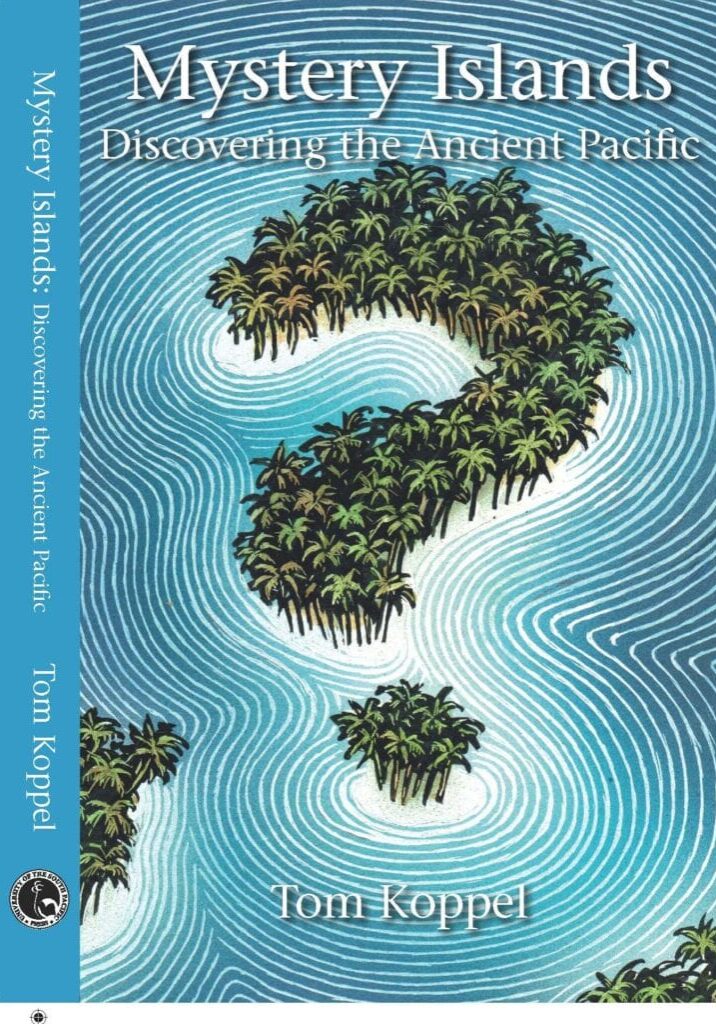In 701 B.C. the Assyrian empire was in its ascendancy. It had already vanquished the kingdom of Israel to the north including the capital at Samaria. It then prepared an assault on Judah and its capital at Jerusalem.
But in one of those significant events that changes the course of world history, Assyria was repelled. Jerusalem was saved until 586 B.C. when the Babylonians sacked the city, forcing its leadership class into exile.
Henry Aubin, in a major feat of scholarship, determines that Jerusalem was aided by a Kushite army from Africa which had marched northeast from the Nile valley. While the Bible attributes the Assyrian retreat to an angel and secular commentators cite pestilence, Aubin, in a meticulously documented work, demonstrates that an alliance with the African nation of Kush bolstered Jerusalem’s defences.
Kush, also known as Nubia, was located in what is now southern Egypt and northern Sudan. A monarchy that existed for more than 1000 years, from 900 B.C. to A.D. 350, Kushites held sway over Egypt from 712 B.C. to about 660 B.C. Of Egypt’s 31 dynasties, this, the 25th Dynasty, is the only one that all scholars agree, was black.
The commander of the Kushite expeditionary force was Taharqa (or as the Bible calls him Tirhakah). This Kushite prince, who had his own interests in halting Assyrian expansion, likely caught the aggressors by surprise as they prepared their siege of Jerusalem.
Aubin offers a thrilling military history and a stirring political analysis of the ancient world. He also sees the event as influential over the centuries.
The Kushite rescue of the Hebrew kingdom of Judah enabled the fragile, war-ravaged state to endure, to nurse itself back to economic and demographic health, and allowed the Hebrew religion, Yahwism, to evolve within the next several centuries into Judaism. Thus emerged the monotheistic trunk supporting Christianity and Islam.

Discovering the Ancient Pacific
“a man of inquisitive mind and substantial beachcombing and sailing experience. He tells his stories in an engaging style, be they of gathering clams on tidal flats or harrowing escapes from tidal races. They are woven into a well-paced and thoughtful narrative…â€
Oceanography

Universityof the South Pacific Press 2012
Mystery Islands
Discovering the Ancient Pacific
Remote and lush, the Pacific islands have been a source of inspiration for artists and philosophers. Their idyllic beauty and, seemingly, uncomplicated, natural culture impressed Herman Melville, Paul Gauguin, and Jean-Jacques Rousseau. But these far flung islands of the vast Pacific were located, settled and transformed by daring canoe voyageurs in one of the great unknown dramas of human history.
Tom Koppel, an adventurous traveler and author begins his story with the Lapita people who are the ancestors of today’s Polynesians and Micronesians. At the time Ramses II ruled Egypt 3400 years ago, the Lapita people set out on risky voyages in tiny, primitive craft, employing sophisticated navigation techniques. They and their descendants discovered nearly every habitable speck of land from New Zealand to Hawaii, and remote Easter Island to the east, populating islands spanning one-third of the globe.
Koppel takes us on an exciting journey of discovery, deploying his own expertise as a mariner and charting the recent breakthroughs in genetics, radiocarbon dating, archaeology, and other sciences that cast new light on this great ocean-spanning civilization.
Tom Koppel is the author of Lost World: Rewriting Prehistory—How New Science is Tracing America’s Ice Age Mariners and Ebb and Flow: Tides and Life on Our Once and Future Planet. Born and raised in New York, Koppel has a PhD in Political Science. He was assistant professor at Western Illinois University and State University of New York at Stony Brook.
Koppel has won awards from the Canadian Archaeological Association and the Canadian Science Writers’ Association. He has lived on the islands of the Pacific Northwest for over 30 years and has sailed extensively. When not travelling, he is based on Salt Spring Island in British Columbia.
For a preview of Tom’s adventures in the Pacific, click on this link to his article in the Canadian World Traveller Magazine:
http://tinyurl.com/n8vmed
Tom covers Thanksgiving in Hawaii for the LA Times:
SEE NEXT PAGE FOR REVIEWS OF KOPPEL’S OTHER BOOKS